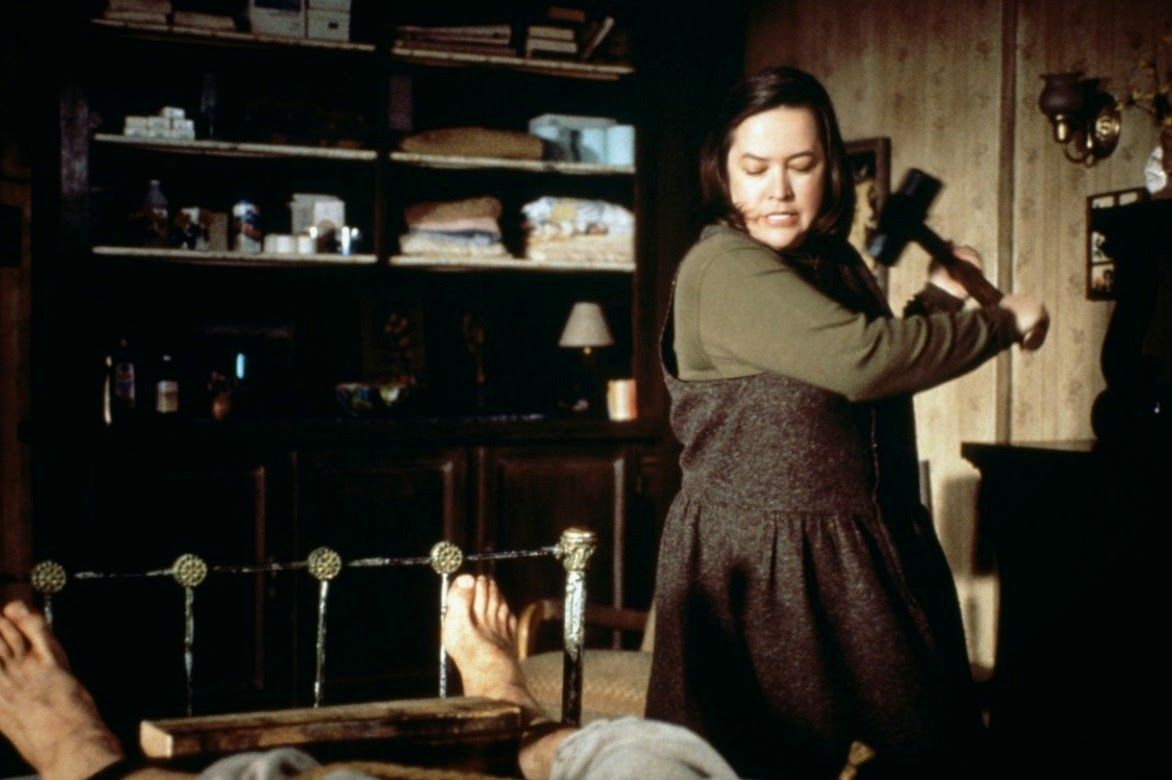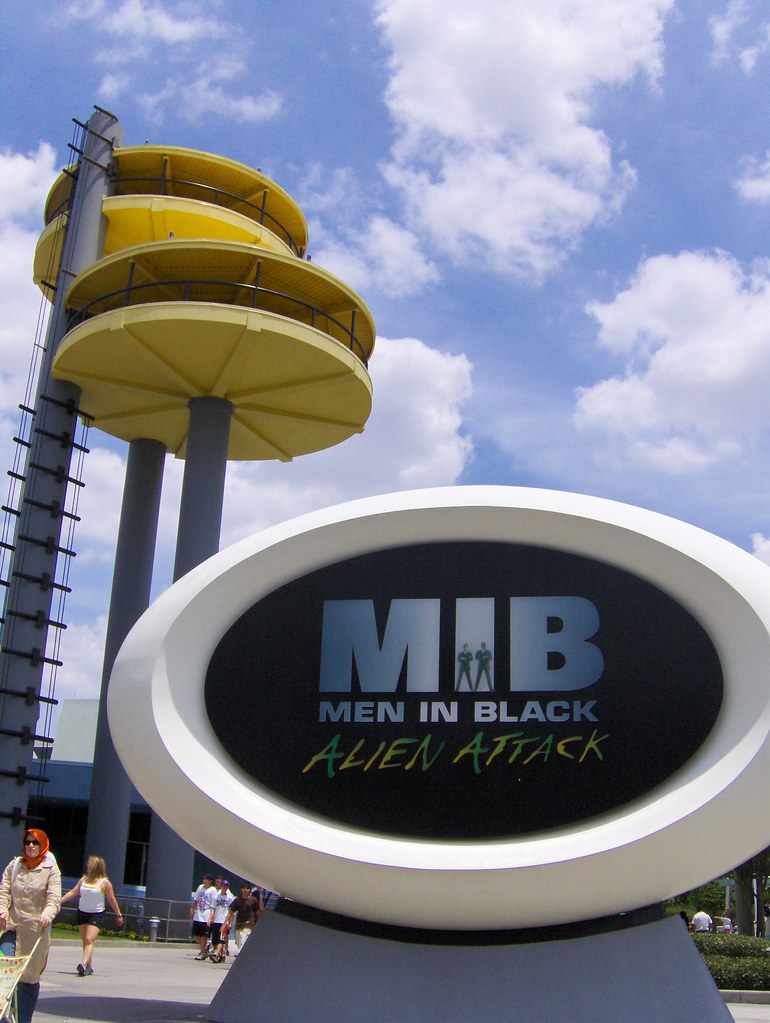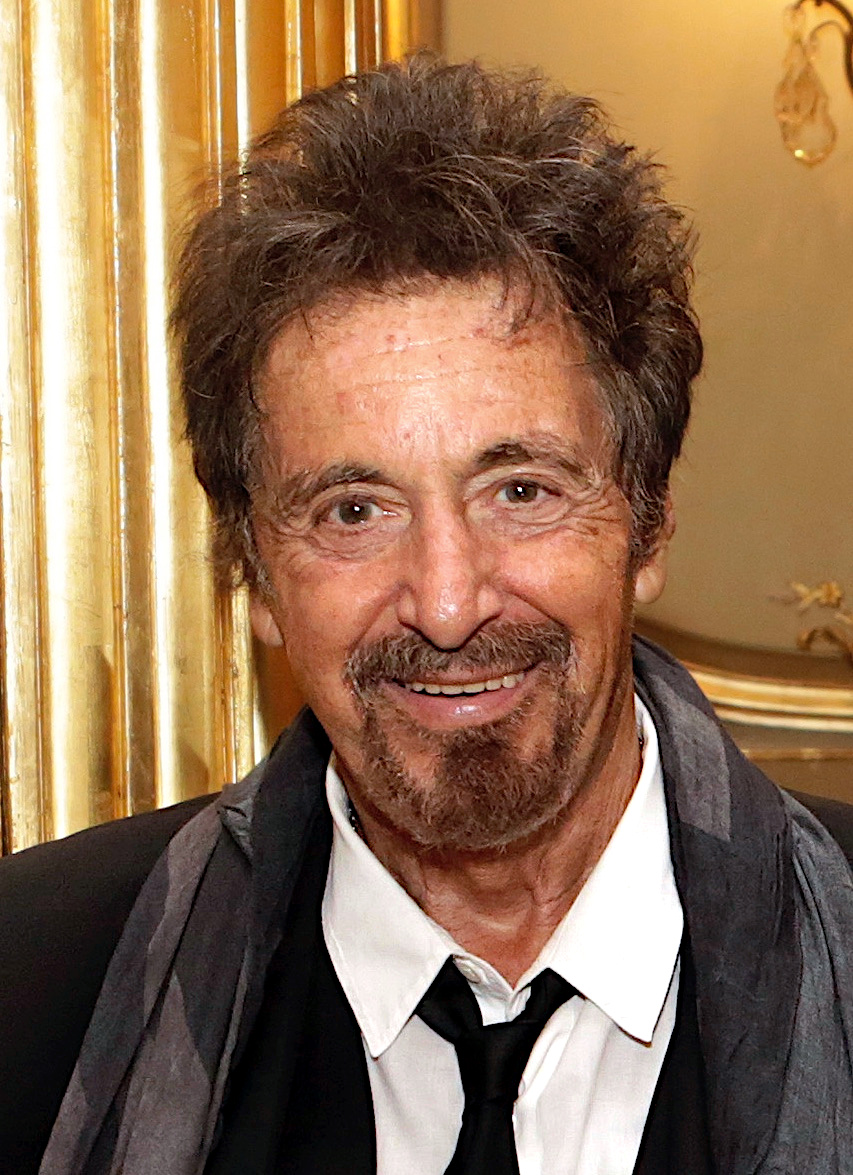
Hey there, cinema lovers and retro enthusiasts! Ever find yourself scrolling through streaming services, wishing you could hit rewind to an era of truly epic storytelling and undeniable star power? Well, buckle up, because we’re taking a joyride back to the 1970s – a decade that wasn’t just about bell-bottoms and disco balls, but also about some seriously legendary actors who redefined what it meant to captivate an audience.
The 70s were a wild ride for Hollywood, a period of gritty realism, bold experimentation, and a new breed of performer who brought an authenticity and raw charisma that audiences couldn’t get enough of. These weren’t just actors; they were cultural forces, shaping trends, sparking conversations, and leaving an indelible mark on the silver screen that echoes even today, proving their timeless appeal.
From intense dramatic turns that launched cinematic dynasties to dance moves that ignited a global craze, the individuals we’re about to celebrate didn’t just play characters – they *became* them, infusing every role with a magnetism that was utterly unmatched. Get ready to fall in love all over again with the first half of our list: six incredible talents who absolutely owned the 70s and solidified their places in film history with their sheer star power.
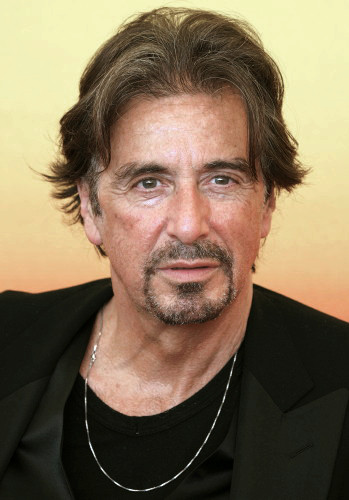
1. **Al Pacino: The Godfather’s Quiet Storm**: When we talk about actors who defined the 70s, one name immediately springs to mind, cloaked in the shadow of a truly iconic role: Al Pacino. His portrayal of Michael Corleone in Francis Ford Coppola’s 1972 masterpiece, “The Godfather,” wasn’t just a performance; it was a masterclass in quiet intensity and chilling transformation. This wasn’t the boisterous, over-the-top acting of yesteryear; Pacino brought a brooding, calculated charisma that redefined the gangster genre and, frankly, cinema itself, making audiences gasp with every subtle shift.
Before “The Godfather,” Pacino was a respected stage actor, but the role of Michael Corleone propelled him into the global spotlight with hurricane force. He took a character who began as an outsider, the war hero who wanted no part of his family’s criminal enterprise, and slowly, subtly, allowed him to evolve into the cold, ruthless Don. It was a performance built on nuance, on the flicker of an eye, the tightening of a jaw – showing rather than telling, and audiences were absolutely spellbound by this new kind of anti-hero.
His work in the 70s didn’t stop there, of course; this decade was a goldmine for his talent and an undeniable period of his ascent. He continued to carve out a legacy of complex, often morally ambiguous characters that resonated deeply with the era’s hunger for realism. Think about his intense roles in films like “Serpico” or “Dog Day Afternoon” – films that further showcased his ability to inhabit the skin of desperate men pushed to their limits. While his Oscar win for “Scent of a Woman” came much later, it was his string of phenomenal 70s roles that unequivocally established him as a dramatic powerhouse.
Pacino’s enduring appeal lies in his ability to inhabit characters so fully that they feel utterly real, even when they’re operating in extraordinary circumstances. His magnetism wasn’t about flashy smiles or grand gestures; it was about the depth of emotion he could convey with minimal effort, drawing viewers into the psychological turmoil of his roles. He wasn’t just acting; he was channeling an entire spectrum of human experience, making him an undeniable icon of 70s cinema who changed the game forever.
He truly became synonymous with a new, more introspective and gritty style of acting that perfectly mirrored the complex social landscape of the time. His performances invited audiences to not just watch a story, but to deeply understand the motivations and inner conflicts of his characters, no matter how dark or conflicted they might be. This profound connection with the audience is what made him such a captivating force and an essential figure in defining the decade’s cinematic identity.
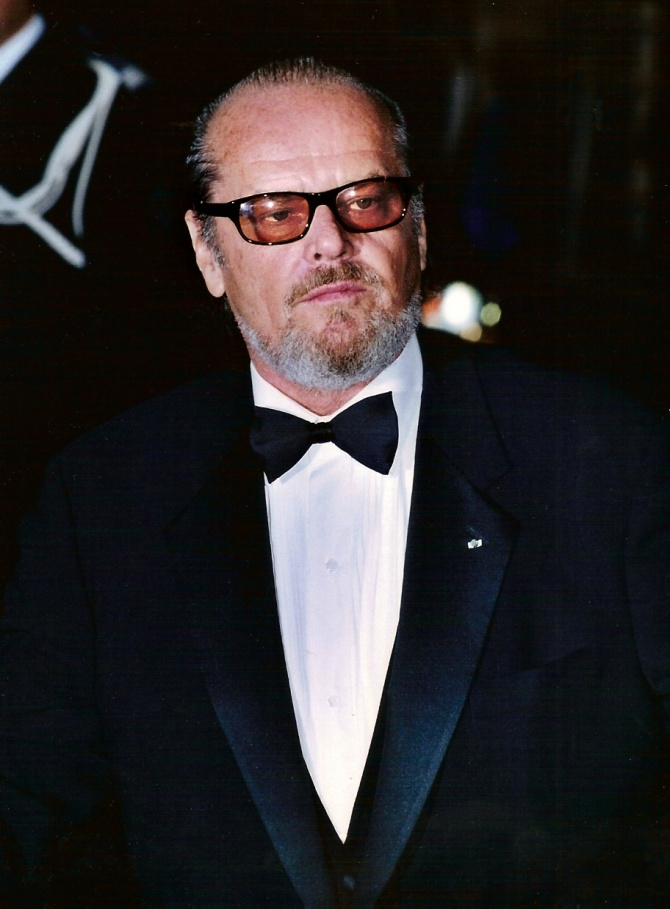
2. **Jack Nicholson: The Mischievous Maverick**: If Al Pacino gave us the quiet storm, Jack Nicholson brought the electrifying, unpredictable tempest to 70s cinema, and honestly, we’re still recovering from his legendary presence! He swaggered onto the scene with a wild glint in his eye and a grin that could be both charmingly playful and deeply unsettling, quickly cementing his status as one of Hollywood’s most versatile and magnetic actors. Before becoming the three-time Academy Award-winning legend we know today, Nicholson honed his craft, and by the 70s, he was absolutely unstoppable, a true force of nature.
His defining role of the decade, and arguably one of his most iconic performances ever, was as Randle McMurphy in the 1975 classic “One Flew Over the Cuckoo’s Nest.” Here, Nicholson was at his absolute best, embodying a character who was a rebel, a trickster, and ultimately, a tragic hero fighting against oppressive systems. His performance captured the era’s burgeoning counter-culture spirit, challenging authority with a mischievous charm that resonated deeply with audiences yearning for freedom and individual expression. It was unforgettable and perfectly captured the zeitgeist.
Nicholson’s charisma wasn’t just about his acting; it was about his entire captivating presence, an almost palpable energy that radiated from the screen. He had this incredible ability to make you root for the anti-hero, to laugh at the darkest moments, and to feel every ounce of frustration and defiance McMurphy experienced. He wasn’t afraid to be loud, to be brash, to push boundaries – qualities that made him stand out in a decade that prized authenticity and a certain rebellious edge in its cinematic stars, cementing his place in the pantheon of cool.
He truly embraced the “New Hollywood” aesthetic, delivering performances that were raw, unvarnished, and utterly captivating in their intensity. His impact extended beyond just box office success; he became a cultural icon, symbolizing a certain brand of irreverent masculinity and unapologetic individuality. He wasn’t afraid to portray characters with flaws, with darkness, making them all the more compelling and human, often revealing the vulnerability beneath the bravado.
Nicholson’s work in the 70s didn’t just earn him accolades like his first Best Actor Oscar; it carved out a unique space for an actor who refused to be typecast, bringing a singular, almost primal energy to every film he touched. His ability to blend humor with underlying menace, or vulnerability with defiance, made him a truly singular talent whose performances are still dissected and celebrated today. He absolutely defined a generation of cinematic angst and rebellion with every twitch and grin.
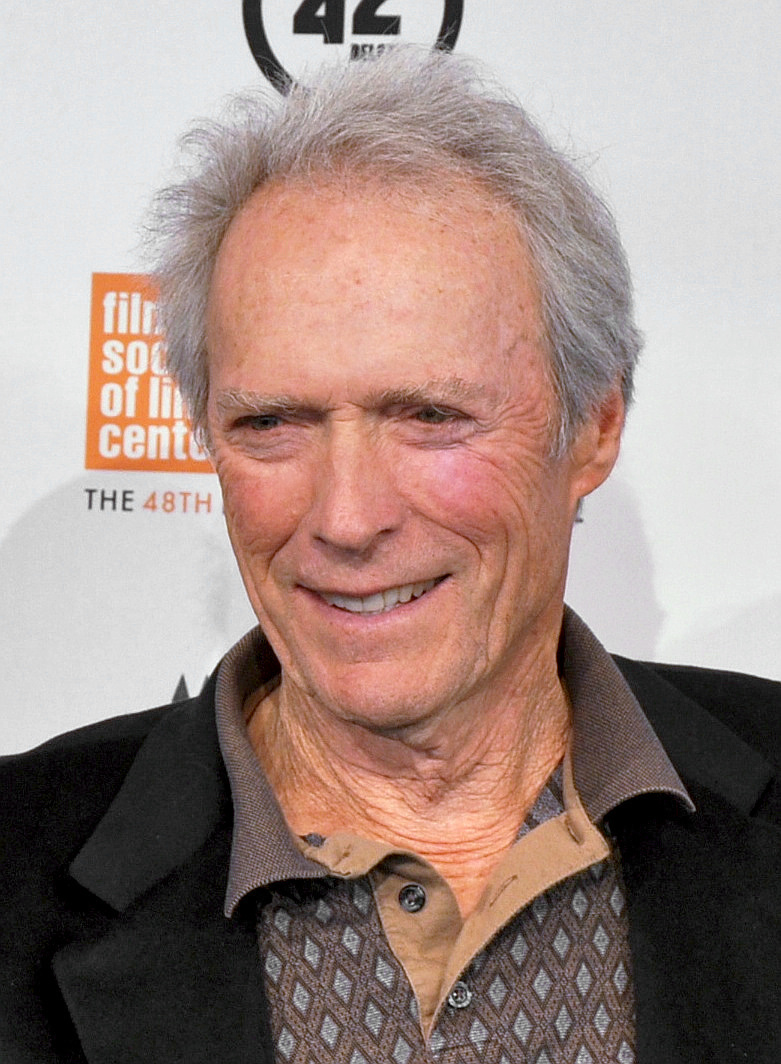
3. **Clint Eastwood: The Ultimate Hollywood Tough Guy**: When the 70s called for a hero who was rugged, silent, and utterly deadly, Clint Eastwood answered the call with a squint and a magnum. His steely gaze and no-nonsense attitude became the definitive archetype for the action hero of the decade, making him an undisputed Hollywood legend. While he had already made a name for himself in the iconic Spaghetti Westerns of the previous era, the 70s saw Eastwood truly solidify his iconic status by bringing his unique brand of tough-guy charisma to a new kind of urban landscape, literally making his own rules.
Films like “Dirty Harry” (1971) perfectly showcased Eastwood’s commanding screen presence, launching a franchise and an enduring character that resonated deeply with audiences. As Inspector Harry Callahan, he embodied a character who operated outside the conventional lines, delivering justice with a powerful, uncompromising force that thrilled audiences. This portrayal wasn’t just popular; it was revolutionary, giving audiences a hero who was complex, often cynical about the system, but always undeniably capable of getting the job done. His famous lines and unflappable demeanor became instantly quotable and deeply ingrained in pop culture.
Eastwood’s influence extended beyond just acting; he also began directing in the 70s, further shaping his own persona and vision for storytelling. His roles in films like “The Outlaw Josey Wales” (1976) – which he also directed – further cemented his image as a self-reliant, honorable, yet ruthless individualist. He captured the essence of a certain kind of American masculinity, stoic and strong, which resonated powerfully in a decade grappling with shifting cultural norms and a sense of disillusionment. He wasn’t just performing; he was embodying an entire philosophy of strength and independence.
His charm was unconventional, rooted in his quiet intensity rather than overt displays of emotion. He let his actions speak louder than words, a trait that endeared him to masses worldwide and earned him international fame for his strong, silent type. This made him incredibly magnetic, drawing viewers into his characters’ worlds without needing excessive dialogue or exposition. His raw, unpolished appeal was perfectly suited for the gritty realism of 70s cinema, making him a true original.
Clint Eastwood truly defined a genre and influenced generations of filmmakers and actors, proving that sometimes, the greatest charisma comes from the man of few words, whose presence alone speaks volumes. He commanded respect and attention simply by being there, a towering figure whose impact on action cinema and beyond remains profoundly significant. His legacy from the 70s cemented him as one of the most enduring figures in the world of cinema, still kicking today!
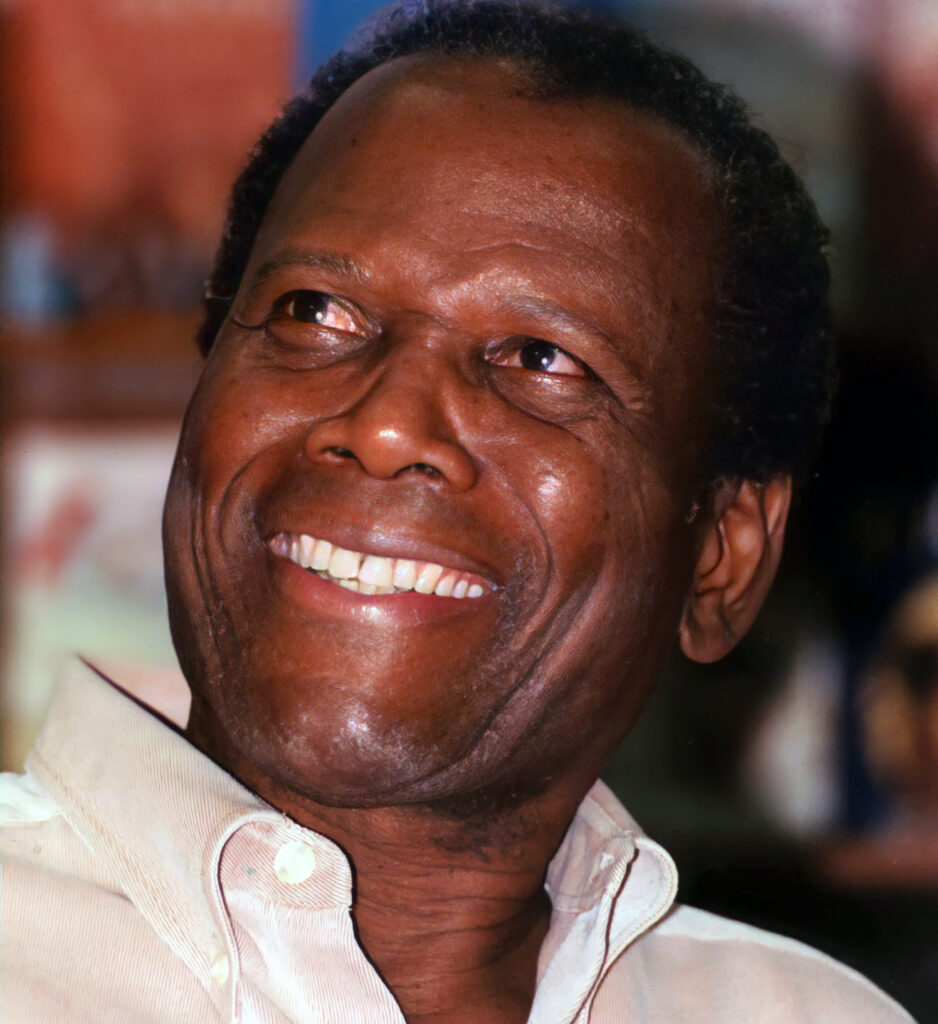
4. **Sidney Poitier: The Unmatched Grace of a Trailblazer**: Even before the 70s kicked into full gear, Sidney Poitier had already carved out an unparalleled legacy in Hollywood, and his enduring charisma continued to define cinema throughout the decade and beyond. As a Bahamian-American actor, he was a true pioneer, breaking barriers and setting new standards for dramatic performance with a grace and dignity that captivated audiences worldwide. His impact was so profound that it shaped the very fabric of cinematic representation for years to come, long before the ’70s really got going.
The context proudly reminds us that Poitier made history as the first Afro-Bahamian and Black male actor to receive an Oscar for Best Actor, achieving this monumental feat in 1964. This wasn’t just an award; it was a watershed moment that irrevocably altered the landscape of American cinema, proving that talent knows no color, and opening doors that had previously been shut. By the 70s, his presence and the path he had forged continued to resonate, influencing new generations of actors and challenging the industry to embrace more diverse narratives and complex portrayals.
Poitier’s charisma was less about a flashy persona and more about his inherent strength, intelligence, and moral fortitude he brought to every role. He often played characters who stood up for what was right, embodying integrity and challenging prejudices with quiet power. This made him not just an actor, but a symbol of progress and hope, a beacon of what was possible in a changing world. His performances carried a weight and significance that few could match, resonating deeply with audiences of all backgrounds and inspiring a generation.
His influence wasn’t just limited to his immediate roles; it was in the very doors he opened and the ceilings he shattered for others, creating opportunities for diverse talent. In a decade that saw a rise in diverse storytelling and the questioning of traditional norms, Poitier’s established legacy provided a vital foundation for Black actors and filmmakers to build upon. He proved that Black stories could be both critically acclaimed and commercially successful, paving the way for future stars to emerge and thrive.
He was the kind of star whose impact transcended individual films, his work inspiring profound conversations and movements, making him an essential figure in how cinema was perceived and how it evolved through the 70s. Sidney Poitier’s legacy is one of unparalleled dignity, groundbreaking achievement, and a quiet, powerful charisma that continues to inspire us all. He truly showed Hollywood what it meant to be a leading man of integrity and cultural significance.
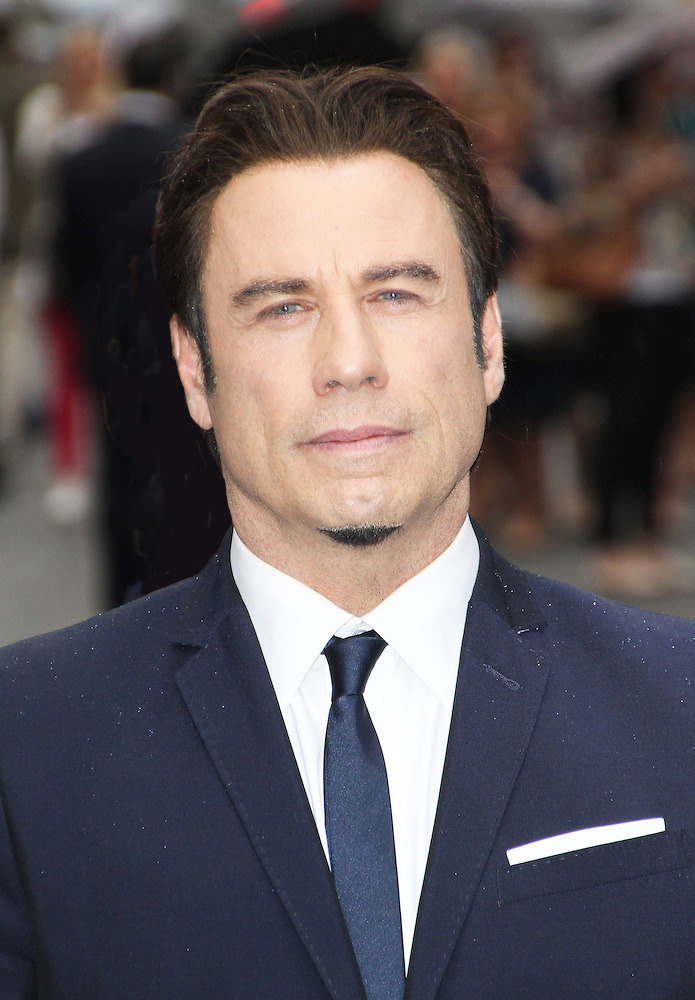
5. **John Travolta: The King of the Dance Floor and Pop Culture Phenomenon**: If anyone embodied the sheer, unadulterated energy of the 70s, it was absolutely John Travolta, hands down! His presence on screen was nothing short of electric, and he quickly became the magnetic face of the disco craze, charming audiences with his undeniable cool and moves that made everyone want to hit the dance floor. The 70s were his decade, and he ruled it with a sequined glove and a dazzling smile, cementing his place in pop culture history as a true icon of infectious fun.
Travolta absolutely exploded onto the scene with iconic films like “Saturday Night Fever” (1977), turning a gritty drama into a cultural phenomenon that swept the globe. As Tony Manero, he wasn’t just dancing; he was expressing the hopes, dreams, and frustrations of a generation through every spin and strut on that illuminated floor. His performance in that film was a cultural earthquake, not only earning him an Oscar nomination but also making disco a global sensation. Suddenly, everyone wanted to move like Travolta, dress like Travolta, and feel the raw, liberating energy he exuded.
And just when you thought he couldn’t get any cooler, he slipped into Danny Zuko’s leather jacket in “Grease” (1978), delivering another knockout performance that remains a beloved classic to this day. This film showcased his incredible versatility, blending his irresistible charm with a playful, rebellious edge that teenagers and adults alike adored. His uncanny ability to sing, dance, and act with such effortless charisma made him a bona fide triple threat and a global superstar almost overnight.
Travolta’s impact on pop culture was absolutely profound; he didn’t just star in movies; he shaped trends, influenced fashion, and brought the vibrant energy and distinctive style of the disco era to audiences worldwide. His iconic swagger, his meticulously styled hair, and those unforgettable dance routines were instantly recognizable and endlessly imitated. He became the poster boy for a generation ready to shake off inhibitions and embrace the beat, making the 70s feel vibrant and alive.
He was a symbol of cool, youth, and pure, unadulterated fun, an actor whose sheer magnetism and talent made the 70s truly unforgettable in the most vibrant way possible. It’s no exaggeration to say that for many, he *was* the 70s – a dynamic, charismatic force who proved that sometimes, all you need is a great soundtrack and killer dance moves to define an entire decade. His legacy lives on every time a disco beat drops and a dance floor lights up!
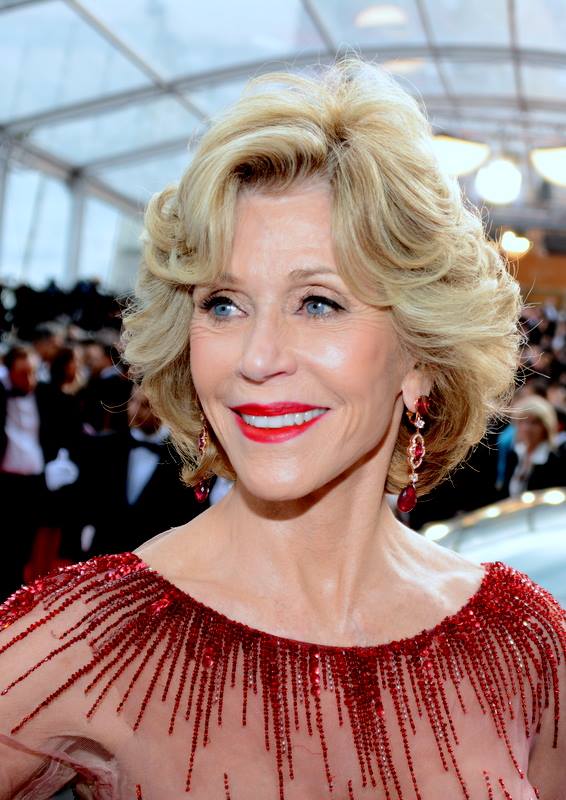
6. **Jane Fonda: The Actress, Activist, and Undeniable Force**: In the dynamic landscape of 70s cinema, few actors commanded attention and admiration quite like Jane Fonda. She was an absolute force to be reckoned with, seamlessly blending her incredible acting prowess with a powerful, passionate commitment to activism. Fonda wasn’t just a movie star; she was a cultural lightning rod, challenging norms and captivating audiences both on and off the screen with her fierce intelligence and unwavering charisma that simply couldn’t be ignored.
Her performances in films like “Klute” (1971) and “Coming Home” (1978) weren’t just critically acclaimed; they were transformative and deeply impactful. In “Klute,” she delivered an Oscar-winning performance as a call girl entangled in a mystery, exploring complex themes of identity and vulnerability with a raw emotional depth that few could match. Then, in “Coming Home,” she tackled the sensitive issue of Vietnam War veterans and their struggles, again earning an Academy Award for a role that was both deeply personal and universally resonant, showcasing her profound range.
What made Fonda’s 70s presence so compelling was her fearless dedication to her beliefs and her willingness to use her celebrity for causes greater than herself. Her activism for women’s rights and her outspoken opposition to the Vietnam War made her a polarizing, yet undeniably influential, figure. She used her platform not just for entertainment, but for advocating for social change, proving that a star could be both glamorous and deeply principled, a true trailblazer for generations to come.
She embodied a powerful, independent female spirit that resonated deeply with the burgeoning feminist movements of the era, inspiring countless women to find their own voices. Her roles often depicted strong, complex women navigating challenging circumstances, making her a relatable and inspiring figure for countless viewers who were looking for heroes beyond the traditional male archetypes. Fonda’s on-screen presence was infused with a real-world gravitas that made her performances all the more powerful and resonant.
Jane Fonda didn’t just define cinema in the 70s with her exceptional acting; she defined an era with her courageous voice, her unshakeable values, and her commitment to making a tangible difference in the world. Her impact was profound, proving that an actor could be a cultural force in every sense of the word. She paved the way for future generations of actors to use their platforms for advocacy, solidifying her legacy as an undeniable icon of the decade, a true legend who combined art with purpose.
Alright, cinema fanatics, ready for more? We’ve only just scratched the surface of the 70s’ incredible talent, and trust us, the next six legends on our list are just as mesmerizing, revolutionary, and downright charismatic! Get ready to dive deeper into an era that continually pushed boundaries and gave us some of the most unforgettable faces to ever grace the silver screen. From martial arts mastery that changed action cinema forever to actors who embodied the era’s raw angst and powerful women who redefined strength, these trailblazers truly left an indelible mark. Let’s keep this groovy ride going!
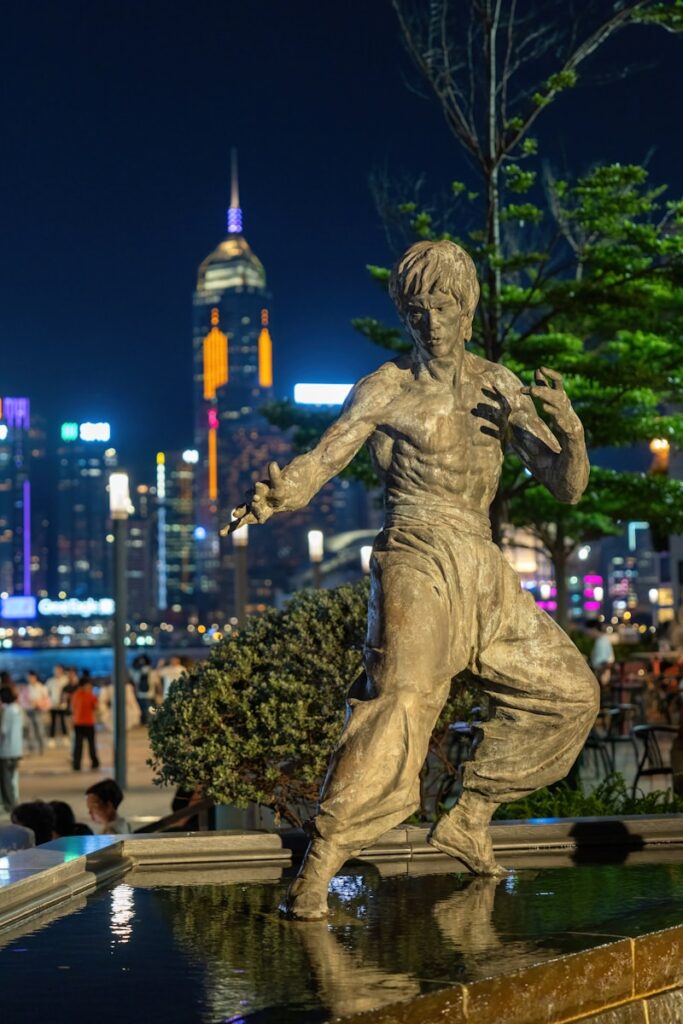
7. **Bruce Lee: The Martial Arts Master Who Kicked Down Doors**: Get ready to have your mind blown, because next up, we’ve got a true titan whose impact transcended cinema to become a global phenomenon: the legendary Bruce Lee! This guy wasn’t just an actor; he was a trailblazer, a philosopher, and a martial arts maestro who literally kicked open the doors of Hollywood for Asian talent. His screen presence was pure, unadulterated lightning in a bottle, and honestly, the 70s wouldn’t have been the same without his electrifying energy and unparalleled skill.
Lee’s films, including the absolute classics “Enter the Dragon” and “Fist of Fury,” didn’t just introduce kung fu to international audiences; they redefined what action cinema could be. He blended speed, power, and an almost poetic grace into every movement, turning fight scenes into breathtaking ballets of controlled chaos. Before Lee, martial arts movies were niche; after him, they were a global sensation, influencing countless filmmakers and inspiring generations to train, move, and think differently. He was truly in a league of his own, and watching his films today still feels as fresh and impactful as it did back then.
But here’s the thing that makes Bruce Lee truly stand out: he was so much more than just a guy who could throw a punch. His philosophies on self-discipline, personal growth, and breaking free from limitations inspired countless individuals around the world. He taught us that the greatest battle is within ourselves and that true mastery comes from constant adaptation, famously advising us to “be like water.” This isn’t just about fighting; it’s a blueprint for life!
His legacy continues to echo loudly in today’s world, influencing not only martial artists and filmmakers but also anyone who dares to challenge the status quo and push their own personal boundaries. Bruce Lee wasn’t just a 70s icon; he was, and remains, a timeless symbol of strength, innovation, and unwavering spirit. He proved that authenticity and sheer dedication are the ultimate superpowers.

8. **Robert De Niro: The Volatile Heart of ‘Mean Streets’**: And speaking of icons, let’s talk about the moment a young Robert De Niro absolutely exploded onto the scene, giving us an “angry young man” who would define a whole new era of raw, gritty acting! If you haven’t seen his slo-mo, Stones-scored introduction as the volatile street rat Johnny Boy in Martin Scorsese’s 1973 classic, “Mean Streets,” you’re seriously missing out on a ‘before and after’ moment in American screen acting. He walked onto that screen with a cracked-glass grin and a permanent ‘I’m not touching you’ caginess, instantly becoming a captivating force.
De Niro’s performance wasn’t just acting; it was the embodiment of Scorsese’s most frequently recurring theme: the seemingly biological imperative some people have to be the architects of their own destruction. Johnny Boy was a chaotic force, a ticking time bomb whose unpredictability made him utterly mesmerizing. De Niro became the first great portrayer of this intense, self-destructive energy, showing us a new level of lived-in believability through method acting.
His portrayal captured the exposed-nerve immediacy of “Mean Streets” perfectly, making you feel every ounce of Johnny Boy’s reckless abandon and underlying desperation. He had this indefatigable swagger, a louche march to doom that was both exhilarating and nerve-wracking to watch. It was a performance that wasn’t just a highlight of his career; it was one of the most gripping, nerve-wracking sights in cinema history, setting the stage for his future iconic roles.
While De Niro would go on to soar to even greater heights and portray countless complex characters, the untamed spirit of Johnny Boy remains a powerful testament to his early, groundbreaking work. He perfectly channeled the raw, unvarnished energy of 70s New York, proving that sometimes, the most unforgettable charisma comes from the wild, unpredictable heart of rebellion. What a legend!
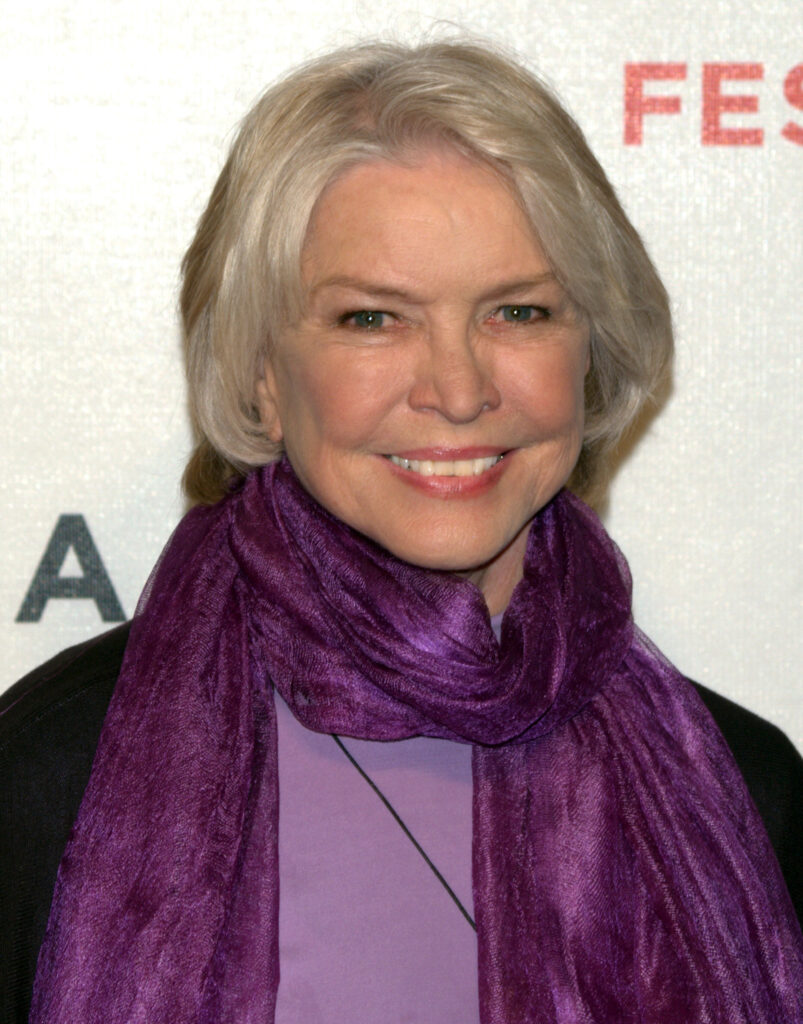
9. **Ellen Burstyn: The Revolutionary Spirit of ‘Alice Doesn’t Live Here Anymore’**: Alright, let’s shine a much-deserved spotlight on an actress who, in a decade full of iconic performances, gave us one of the most revolutionary portrayals of female resilience: the incredible Ellen Burstyn! Her turn in Martin Scorsese’s 1974 film, “Alice Doesn’t Live Here Anymore,” wasn’t just a performance; it was a raw, emotionally charged masterclass that felt less like acting and more like life itself unfolding onscreen. She completely redefined what a ‘leading lady’ could be in American cinema, and we’re still cheering her on!
Burstyn absolutely poured her heart and soul into Alice Hyatt, a recently widowed woman who packs up her life, grabs her young son, and hits the road. Alice is chasing the dream of becoming a singer, all while scraping by in a world that, let’s be real, doesn’t always make space for women trying to find their own way. The film is a brilliant blend of a road movie and a deep character study, and it’s grounded entirely in Burstyn’s layered, profoundly human portrayal. She’s vulnerable, she’s funny, she’s furious, and often completely exhausted—sometimes all in the same scene—and it never, ever feels performative. It’s just *real*.
Here’s a fun fact: Burstyn actually fought tooth and nail to get this movie made! She handpicked a young Martin Scorsese after being captivated by his film “Mean Streets,” and she absolutely insisted on a more naturalistic, unvarnished take on a woman’s experience. The result? One of the most authentically female-centered studio films of the 70s, and a performance that rightfully earned her a well-deserved Oscar. Talk about a visionary who knew exactly what story needed to be told!
What makes Burstyn’s Alice so incredibly compelling is her fierce refusal to be boxed in by genre or tired archetypes. She isn’t a saint or a victim, and definitely not a ‘manic pixie dream girl’; she’s simply a woman trying to survive, trying to dream, and maybe, just maybe, trying to thrive. In crafting Alice, Burstyn gave us one of the most fully realized characters of the New Hollywood era, proving that vulnerability and strength can coexist beautifully. This isn’t just Scorsese’s early foray into female-driven storytelling; it’s Burstyn’s film from start to finish, and her performance remains one of the decade’s most essential, inspiring us to embrace our own complex journeys.
10. **Jill Clayburgh: The Unmediated Honesty of ‘An Unmarried Woman’**: Let’s keep the celebration of groundbreaking female performances going strong with the truly remarkable Jill Clayburgh, whose portrayal in 1978’s “An Unmarried Woman” was nothing short of brilliant! Her character, Erica Benton, a wealthy Upper East Sider navigating the tumultuous waters of a recent divorce, could have been played as a mere audience surrogate. But Clayburgh? Oh no, she took Erica on a journey of self-discovery that was repeatedly thwarted by the delightfully destabilizing neuroses of various men, and made it something utterly unique and captivating.
Clayburgh’s genius lay in her ability to routinely reject the obvious and the overly relatable, instead offering these incredibly peculiar, yet profoundly honest, cues to everyone who entered her orbit. It was beyond what words alone could express! Imagine watching her rub her cheek against a telephone pole – it’s these little, unmediated moments that revealed a depth and truthfulness that few actors could achieve. You felt like you were watching a real person live, breathe, and stumble through life with an open heart and raw vulnerability.
There’s something incredibly intimate about her performance, almost as if you’re given a special, behind-the-scenes pass into Erica’s everyday existence. The context perfectly captures it: “Watching her performance here feels proximal to watching your best friend do the dishes.” You can literally see every layer of her being, every unspoken thought, in even the most mundane actions. That’s the magic of Clayburgh – she made the ordinary extraordinary and the internal external, drawing you into Erica’s world completely.
By the film’s end, as she’s famously stuck carrying a massive painting down the bustling streets of New York, barely visible behind this monumental gift from a man who has left her, you just *know* her. Even if that canvas magically evaporated, you’d still be able to pick her out from a crowd in a heartbeat. Jill Clayburgh crafted a character so distinct, so deeply human, and so utterly memorable that she became an enduring symbol of a woman finding her voice and standing on her own, a true inspiration for navigating the complexities of independence in the 70s!
Whew, what a ride! From martial arts legends kicking down cinematic doors to powerful women redefining strength on screen, and ‘angry young men’ who captured the very soul of a turbulent decade, the 1970s truly gifted us an ensemble of actors whose charisma was simply off the charts. They didn’t just perform; they lived, they breathed, they revolutionized, and they left an indelible mark on our hearts and on the history of film. These twelve icons, each with their unique brand of magic, remind us why the 70s remain an endlessly fascinating and profoundly influential era for cinema. So, which of these dazzling stars will you be revisiting first? We hope this journey back in time has you reaching for that remote, ready to re-experience the unmatched glory of 70s Hollywood!

